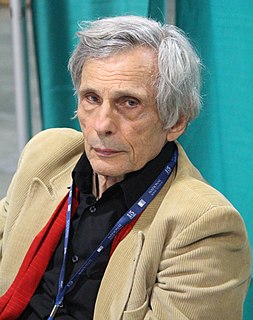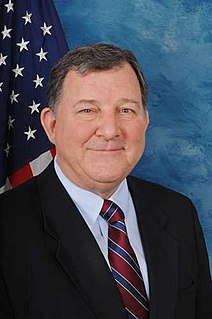A Quote by Camille Paglia
Sappho is a great poet because she is a lesbian, which gives her erotic access to the Muse. Sappho and the homosexual-tending Emily Dickinson stand alone above women poets, because poetry's mystical energies are ruled by a hierach requiring the sexual subordination of her petitioners. Women have achieved more as novelists than as poets because the social novel operates outside the ancient marriage of myth and eroticism.
Related Quotes
I tend to like the way poets form communities. Writing can be lonely after all. Modern life can be lonely. Poets do seem to be more social than fiction writers. This could be because of poetry's roots in the oral tradition - poetry is read aloud and even performed. I'm just speculating, of course. At any rate, because poets form these groups, they learn from one another. That is one of the best things about being a poet.
Nearly all men and women are poetical, to some extent, but very few can be called poets. There are great poets, small poets, and men and women who make verses. But all are not poets, nor even good versifiers. Poetasters are plentiful, but real poets are rare. Education can not make a poet, though it may polish and develop one.
Even the best critical writing on Emily Dickinson underestimates her. She is frightening. To come to her directly from Dante, Spenser, Blake, and Baudelaire is to find her sadomasochism obvious and flagrant. Birds, bees, and amputated hands are the dizzy stuff of this poetry. Dickinson is like the homosexual cultist draping himself in black leather and chains to bring the idea of masculinity into aggressive visibility.
I was reading Emily Dickinson and Edwin Arlington Robinson, but these weren't the poets that influenced me. I think Gwendolyn Brooks influenced me because she wrote about Chicago, and she wrote about poor people. And she influenced me in my life by giving me a blurb. I would see her in action, and she listened to every single person. She didn't say, "Oh, I'm tired. I gotta go." She was there, and present, with every single person. She's one of the great teachers.
In the developing world, they don't have smartphones yet. They have the older plastic phones, but women are saving money on those, because they don't have access to banks. Having that access to digital money changes everything for her because she actually doesn't have to negotiate with her husband, which she will tell you is very hard in these circumstances, especially when the means are meager. She's expected to have money to pay for the kids' health or to help with the school fees.
All of a sudden I understand why I like Aliki Barnstones poems so much. They remind me of the one she has studied most - shall we call her her master - Emily Dickinson. Not in the forms, not, as such, in the music, and not in the references; but in that weird intimacy, that eerie closeness, that absolute confession of soul.... In Barnstone, too, the two worlds are intensely present, and the voice moves back and forth between them. She has the rare art of distance and closeness. It gives her her fine music, her wisdom, her form. She is a fine poet.
One of the surest tests of the superiority or inferiority of a poet is the way in which a poet borrows. Immature poets imitate mature poets steal bad poets deface what they take and good poets make it into something better or at least something different. The good poet welds his theft into a whole of feeling which is unique utterly different than that from which it is torn the bad poet throws it into something which has no cohesion. A good poet will usually borrow from authors remote in time or alien in language or diverse in interest.

































